If you’re a dog owner, chances are you’ve questioned whether it’s okay to share human foods with your furry friend. Among the sweet treats you may be curious about are raspberries. So, can dogs eat raspberries? The short answer is yes, but there’s more to the story. In this article, we’ll dive into everything pet parents need to know about feeding raspberries to dogs, from health benefits to potential risks and even the difference between store-bought and wild varieties.
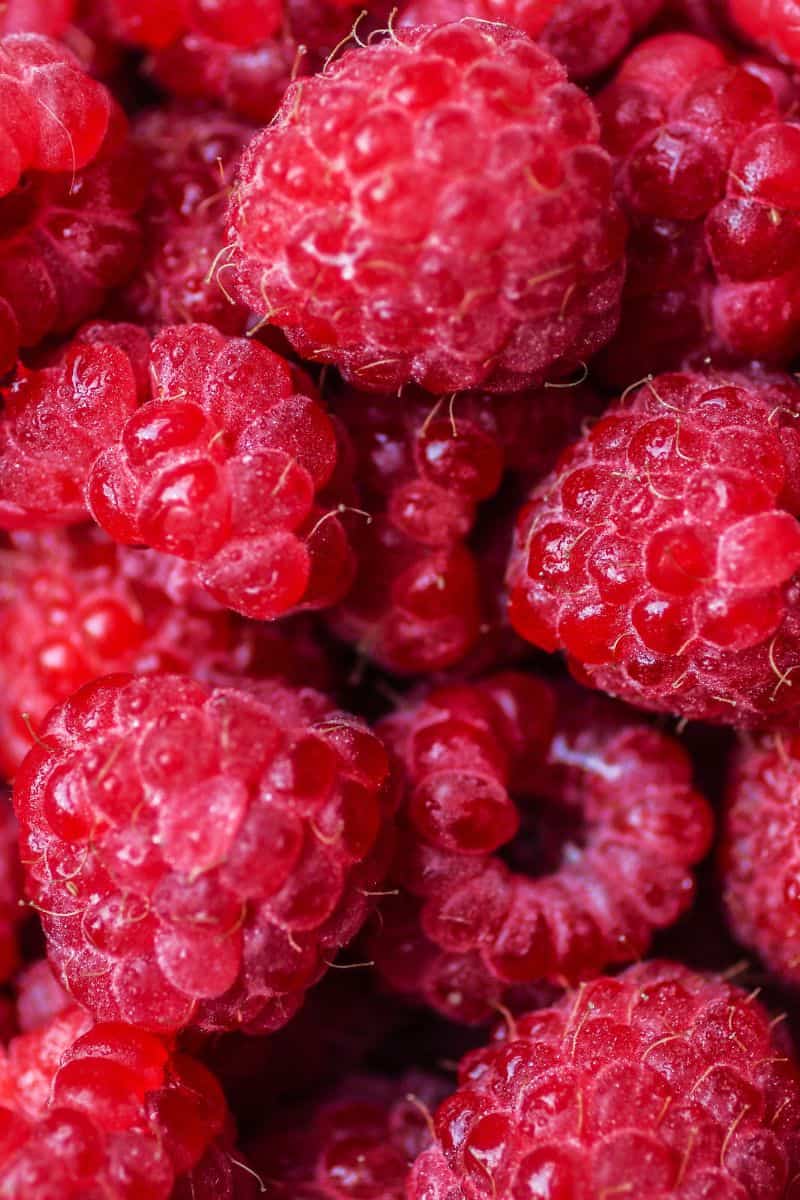
Health Benefits of Raspberries for Dogs
Raspberries aren’t just a tasty treat for humans—they can also offer several nutritional benefits for dogs when given in moderation.

Nutritional Value
Fresh raspberries are low in calories and packed with essential vitamins and minerals that can support your dog’s overall health:
Dietary Fiber: Aids digestion and keeps your dog’s tummy happy.
Vitamin C: Boosts the immune system and promotes healthy skin.
Vitamin K: Supports strong bones and proper blood clotting.
Antioxidants: Help fight inflammation and combat free radicals.
Anti-Inflammatory Properties
Did you know raspberries have anti-inflammatory properties? They contain natural compounds that may help older dogs with arthritis or joint pain. This makes them a great treat for senior pups who could use a little extra care.
Hydration and Sweetness
Raspberries are over 85% water, making them a hydrating and juicy snack, especially on hot days. Plus, their naturally sweet flavor satisfies your dog’s occasional craving for sweet fruits.

How to Safely Feed Raspberries to Dogs
While raspberries can be a healthy treat, there are some precautions you need to take.
Serving Size Matters
Raspberries contain a natural sweetener called xylitol, which can be toxic to dogs in large amounts. However, the amount of xylitol in raspberries is usually not harmful if given in moderation. Stick to small portions to avoid any health issues. A general guideline is:

Small dogs: 1–3 raspberries.
Medium dogs: 3–5 raspberries.
Large dogs: 5–10 raspberries.
Fresh Over Processed
Always choose fresh raspberries over processed options like raspberry jam or canned fruits. These often contain added sugars or artificial sweeteners that can harm your dog’s health.
Cut and Inspect
To avoid a choking hazard, cut raspberries into smaller pieces, especially for smaller breeds. Inspect for any mold before serving.

Store-Bought vs. Wild Raspberries for Dogs
When it comes to raspberries, not all are created equal.
Store-Bought Raspberries
Store-bought raspberries are a convenient option. They're typically grown under regulated conditions, so they’re less likely to contain harmful contaminants like pesticides or parasites. Just be sure to wash them thoroughly before feeding.
Wild Raspberries
Wild raspberries can be a tasty adventure, but they come with risks. They may have been sprayed with pesticides or, worse, contain harmful parasites. Always be cautious when foraging, and ensure the raspberries come from a safe, untreated area.

What About Golden Raspberries?
Golden raspberries are a rare but safe option for dogs. They carry the same nutritional benefits as red raspberries but tend to be slightly sweeter. However, like their red counterparts, they should be given in moderation.
When Raspberries Are Not a Good Choice
While raspberries are generally safe, they’re not suitable for every dog.
Dogs with Diabetes
Due to their natural sugar content, raspberries may not be the best choice for dogs with diabetes. Consult your vet if your dog has specific dietary restrictions.
Digestive Sensitivities
Some dogs might experience an upset stomach or diarrhea after eating new foods. Start with a small amount and monitor your dog’s reaction.
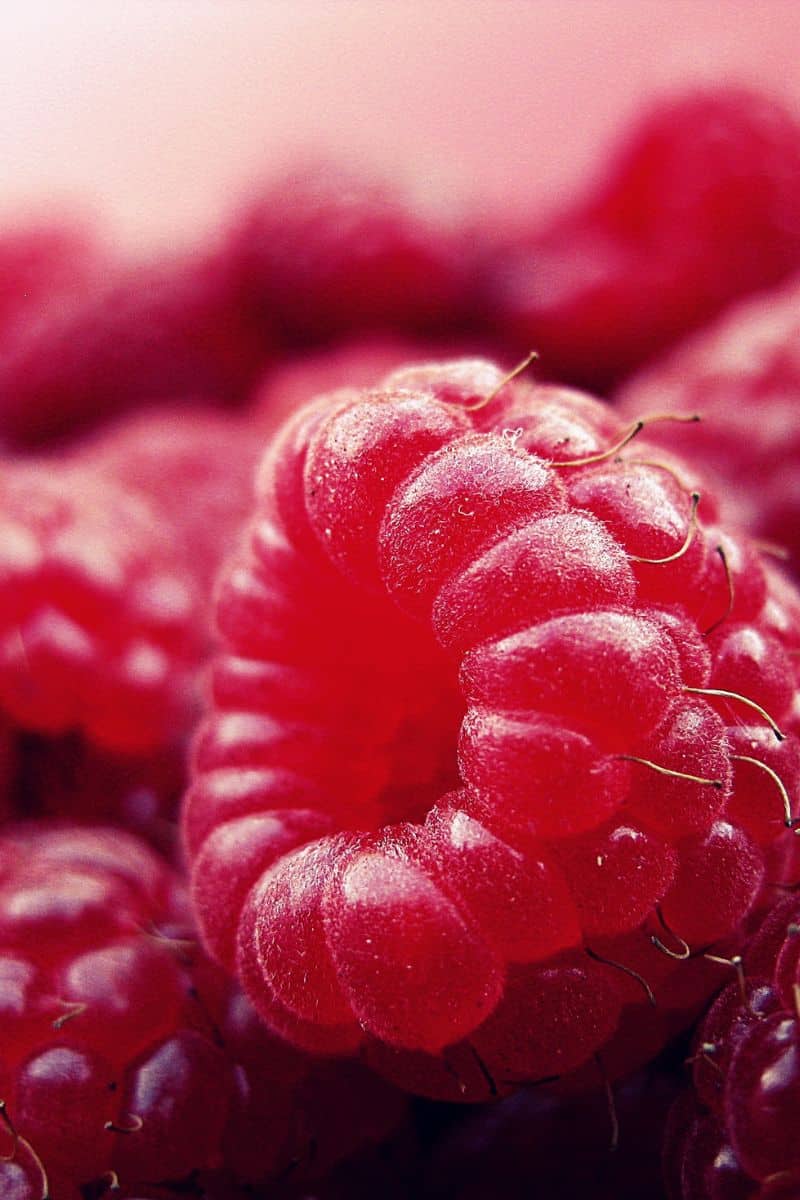
Incorporating Raspberries Into Your Dog’s Diet
If your dog is a fan of raspberries, there are plenty of creative ways to serve them:
- Frozen Treats: Freeze raspberries and mix them with peanut butter for a cooling summer snack.
- Lick Mats: Spread mashed raspberries over a lick mat as a fun and interactive way to feed your pup.
- Tasty Toppers: Add a few fresh raspberries on top of your dog’s regular food for a burst of flavor.
- Homemade Dog Treats: Combine raspberries with other dog-safe ingredients to create nutritious baked treats.
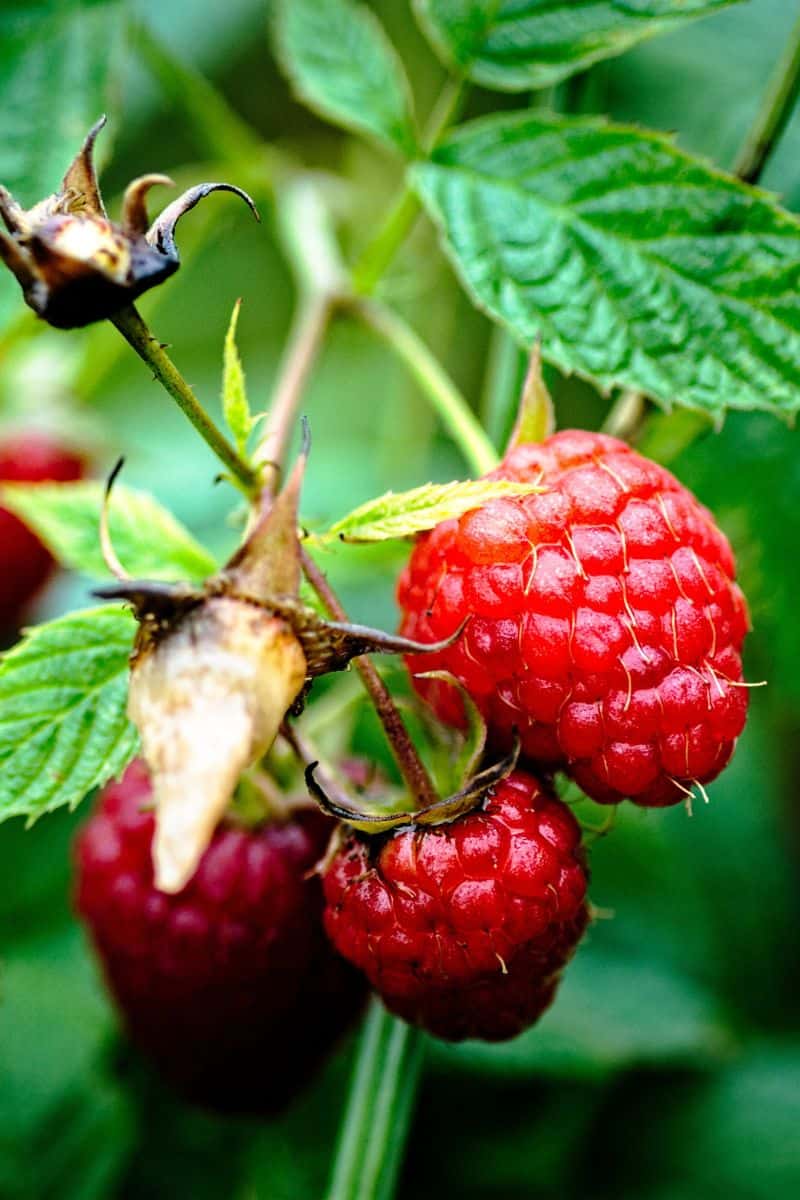
FAQs About Dogs and Raspberries
Can dogs eat raspberries every day?
It’s best to offer raspberries as an occasional treat rather than a daily snack to avoid overloading your dog with natural sugars or xylitol.
Are frozen raspberries safe for dogs?
Yes, frozen raspberries are safe for dogs and can even make a refreshing snack on a hot day. Just ensure they’re plain and unsweetened.
What happens if a dog eats too many raspberries?
Eating large amounts of raspberries can lead to stomach upset or even xylitol toxicity. Contact your vet immediately if you suspect your dog has eaten too many.
Can puppies eat raspberries?
Puppies can eat raspberries, but only in very small amounts. Their digestive systems are more sensitive than adult dogs.
Are other berries safe for dogs?
Yes, blueberries, strawberries, and blackberries are also safe for dogs when given in moderation. Avoid toxic berries like holly or juniper berries.
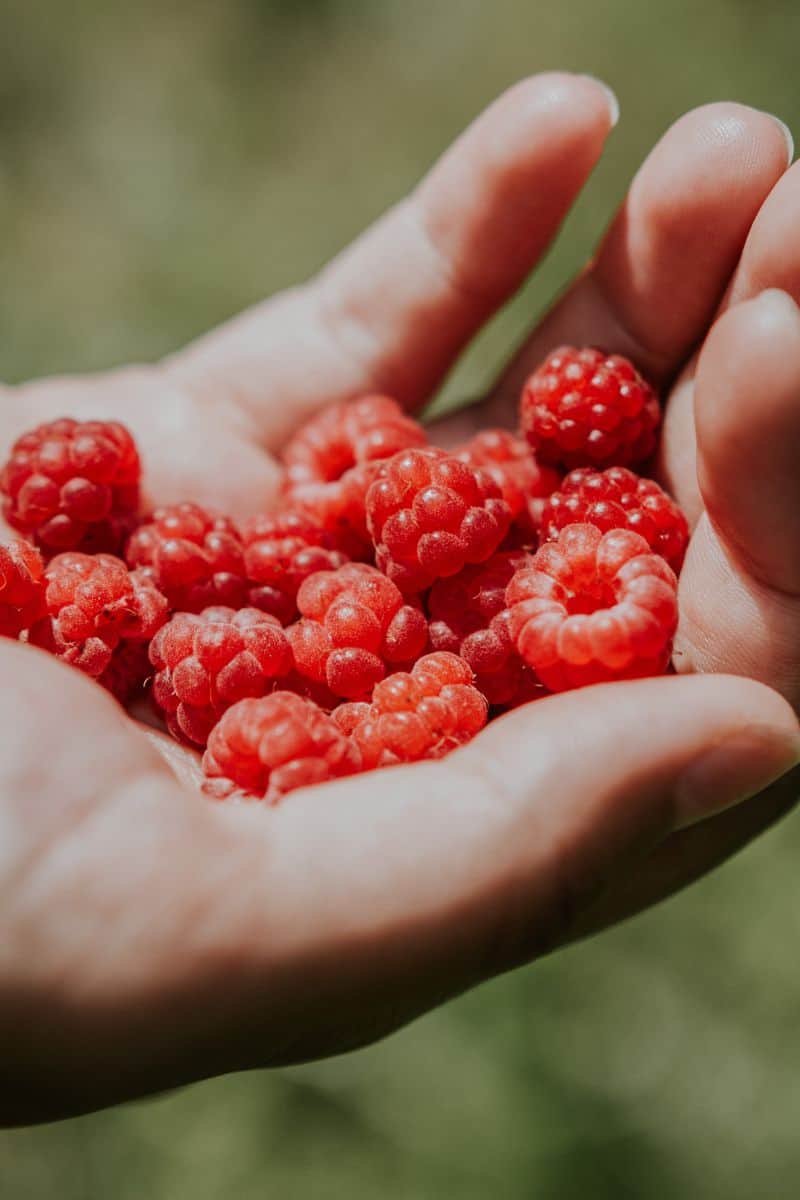
So, can dogs eat raspberries? Absolutely—but moderation is key. These sweet, juicy fruits are packed with vitamins, antioxidants, and anti-inflammatory properties, making them a healthy snack for your furry friend. Whether you’re serving fresh raspberries as a special treat or incorporating them into dog treats, remember to start small and always prioritize your dog’s health and safety.
Next time you’re enjoying a bowl of raspberries, feel free to share a few with your pup—they’ll love you for it!


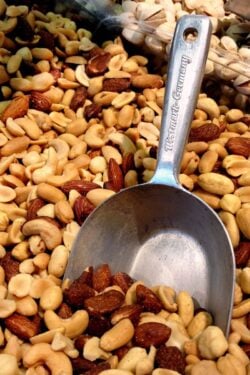


Leave a Reply